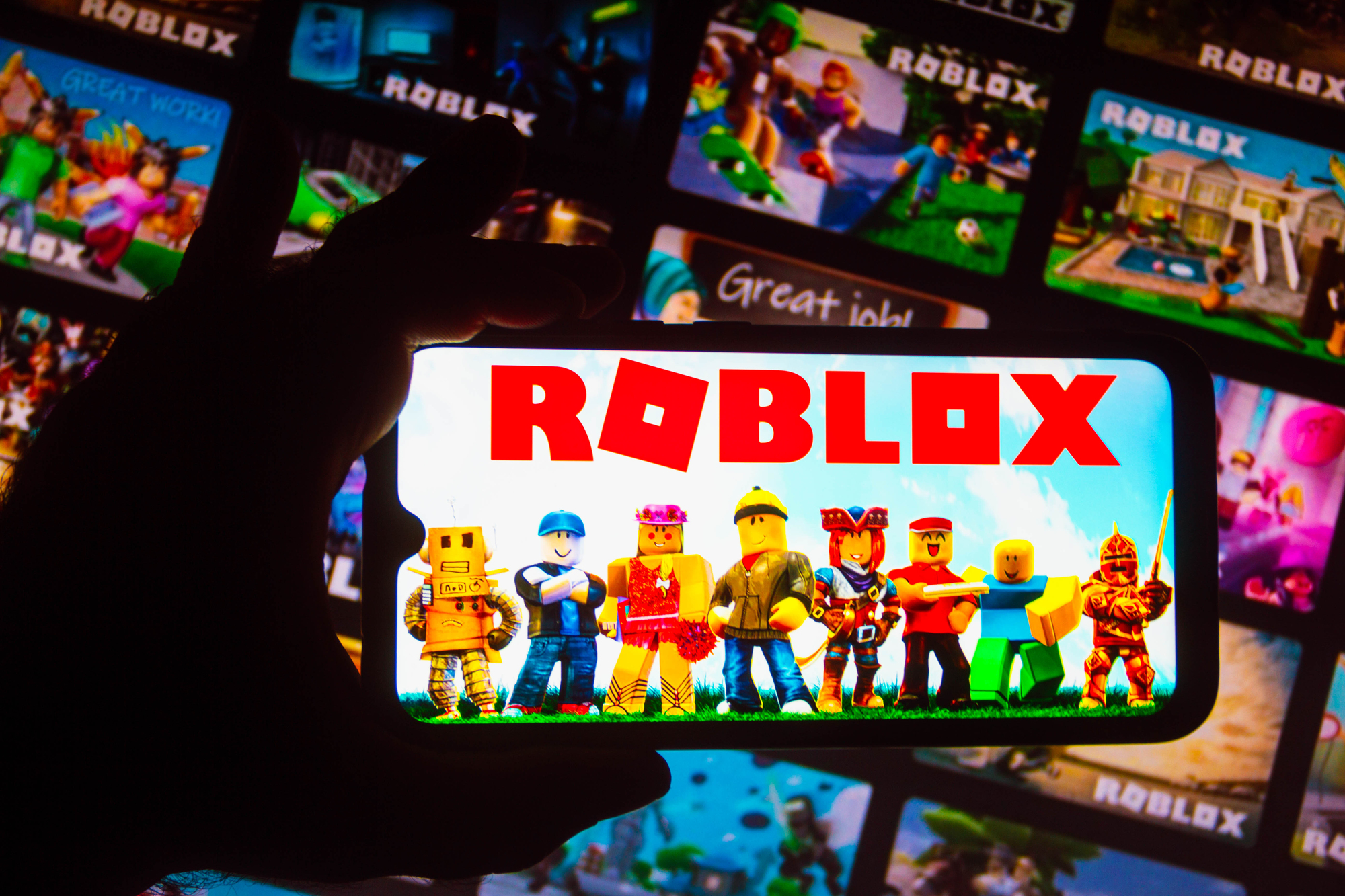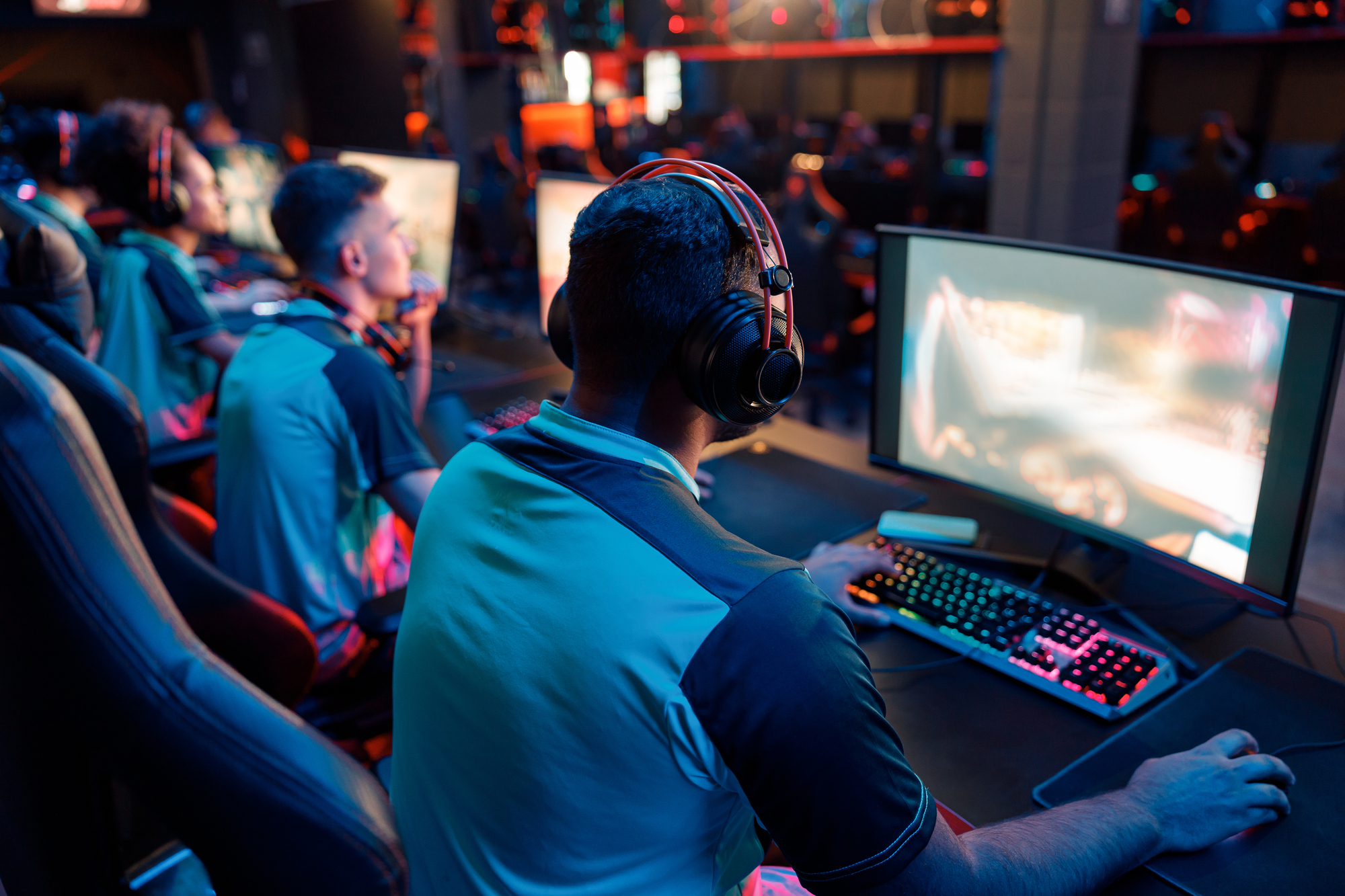

The future of human-computer interaction in gaming is rapidly evolving, blending innovative technologies with immersive experiences. Virtual reality (VR) is transforming gaming from a passive activity into an all-encompassing adventure. VR gaming allows players to physically interact with virtual environments, creating a deeper sense of presence and engagement.
Artificial intelligence (AI) is another key factor shaping the future of gaming interactions. AI-powered systems like AlphaGo and OpenAI Five have demonstrated remarkable capabilities in competing against human players. These advancements are paving the way for more sophisticated and adaptive gaming experiences, where AI can create dynamic challenges and personalized content for players.
The intersection of HCI and gaming is fostering new ways for people to connect with technology. Gesture control, voice commands, and brain-computer interfaces are expanding the possibilities for how players interact with games. These technologies are making gaming more accessible and intuitive, breaking down barriers between humans and digital worlds.
Advancements in AI and Their Impact on Gaming
Artificial intelligence has transformed gaming, bringing new levels of challenge and realism to players worldwide. AI innovations have revolutionized competitive play, storytelling, and game development processes.
AI in Competitive Gaming
AI systems have made remarkable progress in defeating human players at complex games. In 1997, IBM’s Deep Blue famously beat world chess champion Garry Kasparov. More recently, AI has conquered even more challenging games with vast decision spaces.
In 2017, DeepMind’s AlphaGo defeated the world’s top Go player, a feat once thought impossible due to the game’s complexity. This was followed by OpenAI Five beating professional Dota 2 players in 2018.
Blizzard and DeepMind’s AlphaStar reached Grandmaster level in StarCraft II in 2019, demonstrating AI’s ability to excel at real-time strategy games requiring long-term planning and quick reactions.
These AI systems use deep reinforcement learning, allowing them to improve through self-play and discover novel strategies beyond human knowledge.
Interactive Storytelling and AI
AI is enhancing interactive narratives in games by creating more dynamic and responsive worlds. Natural language processing allows for more realistic conversations with non-player characters.
Some games now use AI to generate unique storylines and quests for each player. This increases replay value and creates more personalized experiences.
AI can also adapt the story and difficulty based on a player’s choices and skill level. This creates more engaging and accessible gameplay for a wide range of players.
Deep Learning and Game Development
Game developers are using AI to streamline asset creation and testing processes. Machine learning algorithms can generate textures, 3D models, and even entire levels, saving time and resources.
AI assists in playtesting by simulating thousands of gameplay scenarios to identify bugs and balance issues. This allows developers to refine games more efficiently before release.
Procedural generation powered by AI creates vast, unique game worlds. This technique produces endless variety in games like No Man’s Sky, where players can explore billions of planets.
Virtual and Augmented Realities: Shaping the Future of Gaming
Virtual and augmented realities are transforming the gaming landscape, offering immersive experiences and blending digital elements with the physical world.
Enhancing Gaming Experience with VR
Virtual Reality (VR) technology transports players into fully digital environments, creating a sense of presence within game worlds. VR headsets track head movements and hand controllers, allowing for natural interactions with virtual objects and characters. This technology enables games with 360-degree views and depth perception, enhancing spatial awareness and immersion.
VR gaming is expanding beyond solo experiences. Multiplayer VR games let friends interact in shared virtual spaces, fostering social connections. The technology also opens up new genres, such as VR escape rooms and physical simulation games that leverage full-body tracking.
As VR hardware improves, players can expect higher resolution displays, wider fields of view, and more comfortable headsets. These advancements will make longer gaming sessions more feasible and appealing to a broader audience.
Augmented Reality and Real-World Integration
Augmented Reality (AR) overlays digital content onto the real world, creating mixed reality experiences. Mobile AR games like Pokémon GO demonstrated the potential of this technology, encouraging players to explore their surroundings while interacting with virtual elements.
AR is evolving beyond smartphone screens. AR glasses and headsets project digital information directly into a user’s field of view, enabling hands-free gameplay integrated with physical environments. This technology allows for location-based games that turn entire cities into playgrounds or transform living rooms into battlefields.
The future of AR gaming lies in its ability to blend seamlessly with daily life. Players might complete quests during their commute or team up with friends for AR multiplayer sessions in local parks. As AR devices become more compact and powerful, the line between digital games and reality will continue to blur.
The Evolution of HCI in Gaming Interfaces
Gaming interfaces have undergone significant changes over the years, adapting to new technologies and user preferences. These advancements have reshaped how players interact with games and virtual environments.
From Touch to Voice: Future Interfaces
Touch interfaces revolutionized gaming, making it more intuitive and accessible. Smartphones and tablets introduced mobile gaming to a wider audience, with touch controls becoming standard for many genres. Gesture recognition systems like the Nintendo Wii and Microsoft Kinect expanded physical interaction in gaming.
Voice control is emerging as the next frontier in gaming interfaces. Voice commands allow hands-free operation and can enhance immersion in certain games. Some titles already incorporate voice recognition for character interactions or menu navigation.
Haptic feedback continues to improve, providing more realistic sensations during gameplay. Advanced controllers and wearable devices can simulate textures, impacts, and environmental effects, adding depth to the gaming experience.
Smart Environments and Game Interaction
Smart home devices are starting to integrate with gaming systems, creating more immersive experiences. Players can control in-game elements through smart lights, speakers, or other connected devices in their physical space.
Augmented reality (AR) is blending digital and physical worlds in gaming. Mobile AR games overlay virtual elements onto real environments, while AR headsets promise more advanced applications in the future.
Virtual reality (VR) offers fully immersive gaming environments. As VR technology improves, more natural interaction methods are being developed, including eye tracking and improved hand tracking for controller-free experiences.
Brain-computer interfaces (BCIs) represent a potential leap in gaming interaction. While still in early stages, BCIs could allow direct mental control of game elements, opening up new possibilities for gameplay and accessibility.
Ethical and Practical Challenges in Gaming Technology
The integration of AI in gaming brings forth significant ethical and practical challenges. Privacy concerns arise as AI systems collect vast amounts of player data to improve gameplay experiences.
Game developers face the task of balancing AI capabilities with fair gameplay. An overly powerful AI opponent may frustrate players, while a weak one fails to provide adequate challenge.
The use of AI for player behavior analysis raises questions about consent and data usage. Players may be unaware of how their in-game actions are being tracked and analyzed.
Automation in game development could potentially impact jobs in the industry. As AI takes on more creative tasks, human roles may need to evolve.
Educational games incorporating AI present both opportunities and risks. While they can adapt to individual learning styles, there are concerns about over-reliance on technology in education.
The increasing sophistication of AI in games blurs the line between human and machine opponents. This progression towards passing the Turing test in gaming contexts sparks philosophical debates about the nature of intelligence and competition.
Ethical considerations extend to the portrayal of AI characters within game narratives. Developers must grapple with responsible representation of artificial entities and their relationships with human characters.










